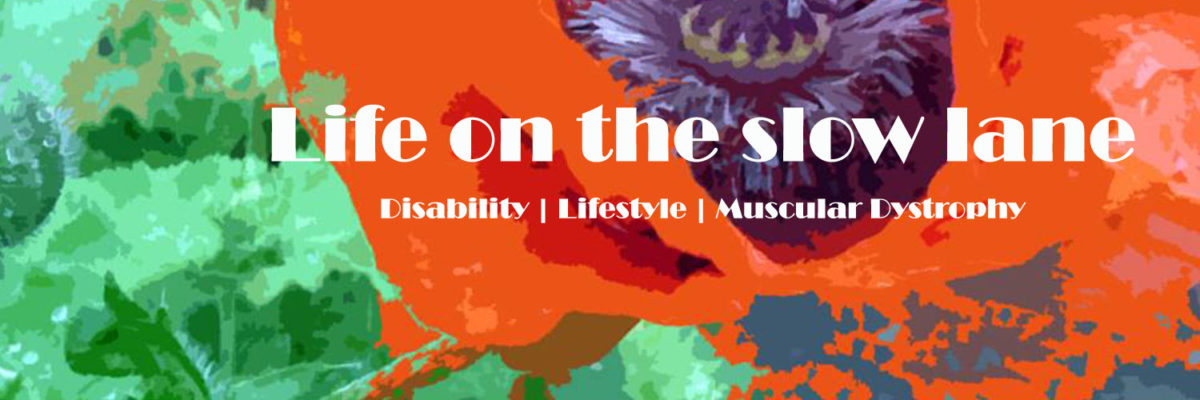Today I bring you another guest post from Michael Leavy, Managing Director of Home Healthcare Adaptations, a family-run company that specialises in adapting homes for the elderly and less abled.

Michael kindly provided a previous guest post, (How Seniors Can Feel More Secure At Home), which you can view here.
Infographic | How to prevent hypothermia in older people
The risk of hypothermia is at its highest during the winter months. That risk is even greater for elderly people, as their lower metabolic rate makes it harder for their bodies to retain an ideal temperature. Also, they might not detect extreme cold as readily as others, and could have chronic medical conditions which would exacerbate the onset of hypothermia.
If you see signs of hypothermia in an elderly relative, keep them as warm as possible. If the situation seems serious, call NHS 111 for expert advice and guidance.
The infographic below from Home Healthcare Adaptations explains what to do if you think someone is experiencing hypothermia, along with preventative measures they can take to reduce the likelihood of hypothermia.

The harsh winter months affect a high population of the UK with a spate of Flu and other seasonal illnesses. But for the elderly and immobile, freezing conditions can lead to far more serious conditions requiring hospitalisation.
Elderly people are generally at greater risk of hypothermia than most others for several reasons. Their lower metabolic rate makes it harder for their bodies to regulate temperature in cold weather, while the presence of chronic health conditions reduces their immunity to hypothermia. Also, a deterioration in the senses could make it more difficult for an elderly person to detect decreases in temperature, hence they might not take immediate preventative action.
If you have elderly/immobile relatives or neighbours, check in on them throughout the colder months to ensure they aren’t showing any warning signs of hypothermia.
Symptoms of hypothermia include:
- A rapid deterioration in physical appearance.
- Extreme shivering or an occurrence of sudden, inexplicable body movements.
If you notice any of these in an elderly person during cold weather, call 999 straight away and, while waiting for the emergency services to arrive, move them to a warm place and wrap them in a warm blanket or coat.
Don’t put them in a warm bath or give them an alcoholic or caffeinated beverage!
